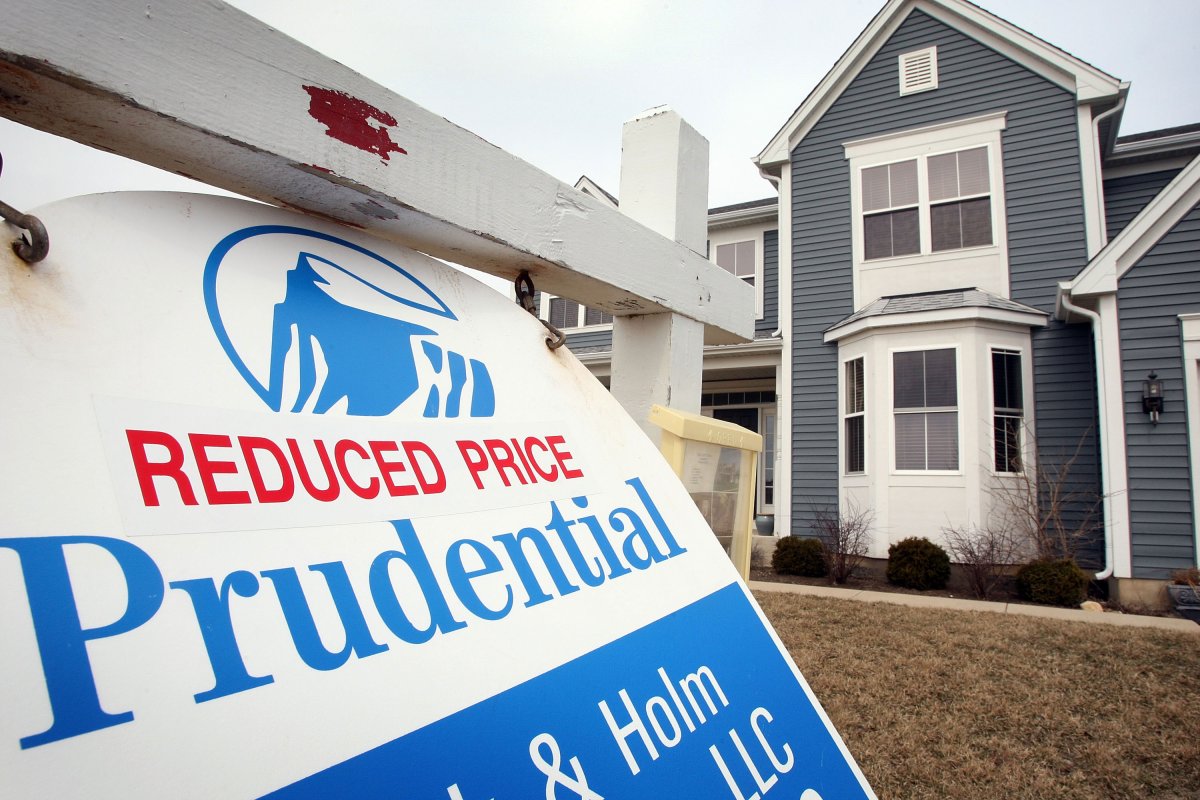Canada’s Great Housing Boom continues to cool across many markets, new data released Monday shows — everywhere except among the country’s biggest and most expensive.

Benchmark home prices in Vancouver and Toronto, the sources of sustained — and intensifying — concerns about a possible housing bubble, rose an eye-popping 15.3 per cent and 10.3 per cent respectively last month compared to the same month a year ago.
The price increases in those two centres (as well as a big jump in the Fraser Valley which neighbours Vancouver) fueled the 6.7 per cent jump in the national benchmark price, to $505,900, the country’s real estate association, CREA, said.
“This high rate of inflation continues to reflect runaway prices in Toronto and Vancouver, which account for a combined 55 per cent of the overall composite house price index,” David Madani, economist at Capital Economics, said.
“House prices in most other markets are either largely flat or falling in regions hit directly by the downturn in the energy sector,” Madani said.
MORE: Latest coverage — The Great Canadian Housing Boom
Foreign demand
Experts suggest the decline in the Canadian dollar over the past year or so is encouraging more buyers from overseas to snap up Canadian real estate, pushing prices higher for local house hunters in big cities.
Both cities have been largely insulated from declines in oil and other commodity prices this year unlike property markets in more resource-dependent regions, like Alberta and Saskatchewan, where existing home sales and prices have come under pressure.
‘The longer prices climb at unsustainable rates, the greater the risk of a crash’
Ultra low interest rates are also “greasing” demand, perhaps unsustainably, said BMO’s Guatieri said just before CREA released the October numbers.


Comments